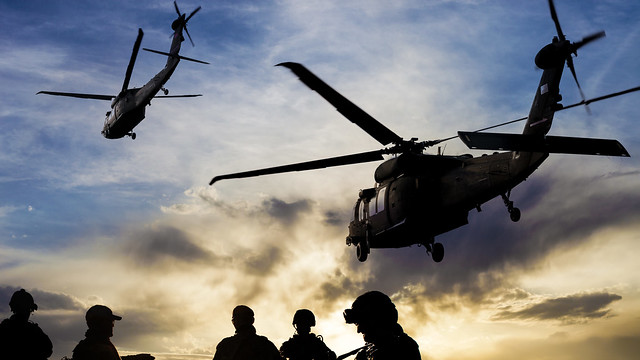A central tenet of recent British defence policy, the Future Reserves 2020 Study (FR20) sought to radically transform the role and function of the British Army Reserve by making it more capable and more deployable, whilst simultaneously cutting costs by outsourcing logistics capability to reserve forces.
In his book called Mission Improbable: The Transformation of the British Army Reserve, Dr Bury examines the origins, evolution and impact of the policy. Controversially, he shows how its intensely intra-party and intra-service political origins, the Army’s resistance to them, and the Army Reserves’ organisational nature, have undermined the policy’s ability to deliver the key military capabilities it envisaged. In doing so, he provides evidence of incoherent defence policy making in the Cameron era.
Nevertheless, there have been successes. By examining the impact of FR20 at the unit level, the book illustrates that whilst some units will struggle to deliver the required capability, in other areas such as integration with the regulars, professionalism, and opportunities, FR20 is delivering.
Dr Bury summarises the main observations of his book: “After five years of research its great to get the findings out into the public domain. Challenging the established narrative, the big takeaways from the book are just how politically and ideologically driven this attempt to transform the Army Reserve was, and how difficult reserve transformation is in general.”
About the author
Dr Patrick Bury is a Lecturer in Defence and Strategy in the Department of Politics, Languages and International Studies at the University of Bath. He served in the British Army for five years as an infantry Captain in Sangin, Afghanistan. His research expertise includes counter-terrorism, military sociology (reserve service, transformation and cohesion), military logistics and the conduct of warfare.

